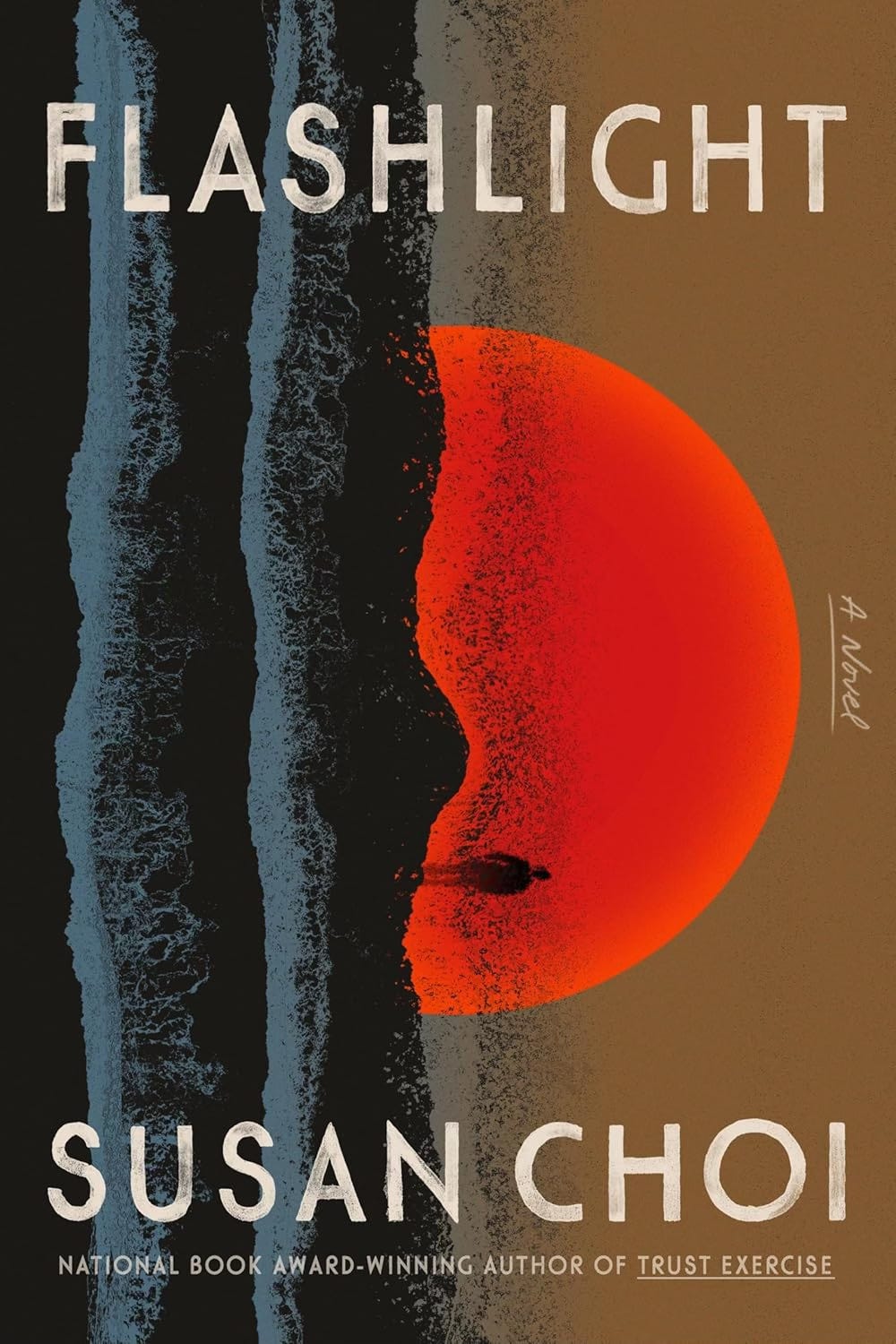Review: Anthony Domestico on Susan Choi
Susan Choi’s novel begins with actual flashlights, and it goes on restlessly to search the darkness with beams of light and awareness
Because consciousness is hard to describe—how do you define something that is innately subjective?—we often turn to metaphor. Consciousness is a stream (William James), or a “luminous halo” (Virginia Woolf), or a computer (David Dennett). Writing in 1976, the psychologist Julian Jaynes used the figure of a flashlight. Consciousness is “a much smaller part of our mental life” than we assume, he observed. It is like a flashlight searching a dark room for something that does not have any light shining on it. “The flashlight, since there is light in whatever direction it turns, would have to conclude that there is light everywhere.” We are surrounded by all that we don’t know, not just in the world but within ourselves, and yet “we cannot be conscious of what we are not conscious of,” Jaynes asserts. “How simple that is to say; how difficult to appreciate!”
Susan Choi’s latest novel, Flashlight, begins with two actual flashlights. In the book’s cold opening, an intelligent, difficult ten-year-old girl, Louisa, walks on a Japanese beach with her equally intelligent, equally difficult father, Serk Kang. It’s 1978. The sky is dark, the ocean booms nearby, and Serk, who can’t swim and constantly worries over his daughter’s safety, is protective: “In one hand he holds a flashlight which is not necessary, in the other hand he holds Louisa’s hand which is also not necessary.” The next morning, Louisa is found unconscious on the shore. Her father has vanished without explanation; all Louisa can remember is that “when the flashlight fell, it landed almost noiselessly in sand.” Months later, while meeting with a psychologist to discuss her presumed drowned father, Louisa notices a flashlight on the windowsill. At the session’s conclusion, she surreptitiously pockets it: “She loved this flashlight, and not just because she had stolen it from Dr. Brickner. It was a faithful object. It had been lost, without purpose, before she had snatched it away.”
These aren’t the only actual flashlights to appear in Choi’s novel. When Louisa is a teenager, a frenemy conducts a séance with the aid of a darkened room and a flashlight; in an empty train in North Korea, a security agent “mak[es] his way car to car with a flashlight” past a hiding character. All these flashlights gesture towards the novel’s obsession with what is not known. Why does Louisa remember the flashlight falling noiselessly in the sand but not what happened to her father? Does she remember the flashlight falling? Louisa has a strength of imagination, Choi tells us, that tends to nose in on memory (and then forget the distinction between the two). Likewise, why does Louisa steal the doctor’s flashlight? She has one explanation (the doctor wasn’t using it and she will), but others seem more convincing (teenage mischief; the desire to restore what, and whom, she has lost). Consciousness is a beam of light playing over, but never fully illuminating, our own mental lives and the mental lives of others.
Keep reading with a 7-day free trial
Subscribe to Book Post to keep reading this post and get 7 days of free access to the full post archives.



